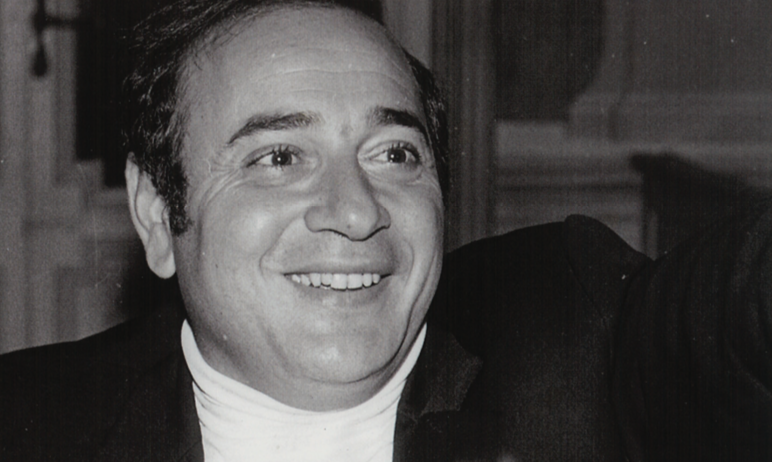Franco Piro was remembered in the Sala Regina of the Chamber of Deputies at Palazzo Montecitorio, on the anniversary of the first year of his death, February 20, 2018. The ceremony was preceded by a video history, Appunti televisivi: Frammenti di vita, conceived and produced by Rino Maenza with the collaboration of the Centro Pietro Nenni in 1982. A large, attentive and emotional audience commemorated this first anniversary with heartfelt testimonies. Among them Giorgio Benvenuto, Fabrizio Cicchitto, Anna La Rosa, Luca Pancalli, Antonio Patuelli, Maurizio Sacconi, and Paola Severini Melograni. Mauro Chiarini and Rino Maenza presented their publication entitled Franco Piro: Revolutionary, Socialist Reformist, Rebel Always. Words and images to remember the man and his work, with the attached DVD: Appunti televisivi: Frammenti di vita, Edizioni Grafiche Sigem. The memory of Franco Piro was experienced collectively from the stage and to the parterre in a feeling of unanimous condolences for his premature death. The human and combative style of the "revolutionary, reformist socialist, always rebel" was the thread that jointed together all the memories of Piro, a true socialist, a figure of rupture, a bearer of disability and great humanity. At the end of the ceremony, it was announced that a historical study centre dedicated to him would be established. Francesco Piro, for everyone he was Franco, was born in Cosenza in 1948. At eleven months he is struck by polio which resulted in a serious handicap in walking, a limitation that would not prevent him from cultivating the great passions of his life: politics and economy. He graduated from high school and moved to Bologna where he attended the Faculty of Political Science, graduating with honours in 1971.

Piro is one of the founders of Potere Operaio [Workers' Power] in Bologna in 1969. He was a charismatic leader, much followed in assemblies and a participant in student protests. In 1974, he was an assistant professor in economic history, two years later he obtained the chair of Methodology of Historical Research in the Faculty of Political Sciences.
In 1975, he became a member of the Italian Socialist Party for which he became deputy regional secretary of Emilia-Romagna in the early ’80s. Social forces formed around him, recognizing his personality as the bearer of new representations. Between 1978 and 1979, he founded the Istituto Rodolfo Morandi, a regional centre of studies and research on contemporary society.
In 1983, he ran as a candidate to the Chamber of Deputies for the Socialist Party: he moved to Rome devoting himself entirely to his political passion. Until 1994, Piro was a member for three legislatures. His contribution is a determinant in the adoption of many economic and financial provisions. From 1989 to 1991, he was chairman of the Chamber of Deputies Finances Commission, years in which transparency rules were introduced and the conversion of public banks into public limited companies. In 1990, he founded the Franklin Delano Roosevelt Foundation for social inclusion and the rights of disabled people. He is responsible for many provisions for the enactment of laws in favour of persons with disabilities such as the fundamental law 104 which has significantly improved their quality of life. In 1994, at the end of his parliamentary experience, he resumed his academic activity as a professor of European economic history at the University of Bologna. He died in his sleep on February 20, 2017, at his home in Pianoro, on the hills of Bologna.

.png)



.png)